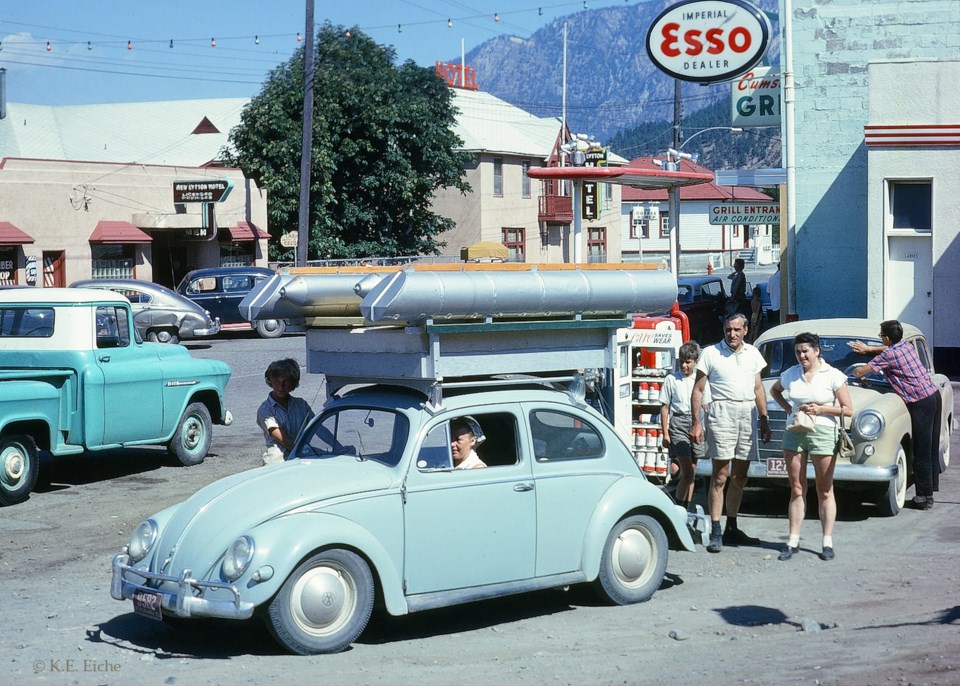I’m lucky to have been a kid in the 1950s and 1960s. We weren’t rich, but we weren’t poor either. Summer vacation didn’t mean a luxury cruise or an exotic holiday for the family, everything carefully organized and supervised. It meant carefree living outdoors, forgetting about schedules, throwing humdrum routine out the window.
When I was growing up, camping was probably the most popular summer activity. In Canada, recreational camping has a long history, going back all the way to the 1890s. Of course, recreational camping has little in common – other than tents – with the original concept of camping, which in the early 16th century had military connotations. Then, a camp referred to an army’s temporary lodging out in the open, the word camp deriving from the Latin “campus,” meaning field. Tents, which were the typical form of temporary lodging, are known to have been in use for thousands of years, the Roman army constructing theirs with leather stretched over a framework – the Latin verb “tendere,” to stretch, is the root of the word tent. It’s documented in English by about 1300.
My parents liked to go camping in BC. We didn’t have an RV – even though RVs were becoming more popular in the 1950s. Instead, our vehicle was a 1957 Volkswagen Beetle, with a carrier on the roof. Strapped to the carrier was a large wooden box with a canvas top, and resting on top of the box was a catamaran. The box, built by my father, contained our tent, air mattresses, sleeping bags and other camping equipment. The catamaran (the word comes from Tamil “kattumaram,” meaning tied wood) was also built by my father, who created the hulls out of metal containers that he welded together. It was powered by a lawnmower motor. When our fully-loaded Beetle was spotted on or off the highway, it always drew amazed stares. Driving it wasn’t all that straightforward because whenever the car reached a certain speed, it tended to rise in the air, thanks to those hulls on the catamaran.
Crown Lake, in Marble Canyon Provincial Park, was my parents’ favourite destination. The park was established in 1956, and there was a small campsite between Crown Lake and the adjacent Turquoise Lake. While the campsite had a level area cleared for pitching a tent, there were no other amenities, such as a picnic table. Everything was very much DIY. However, there was then no campsite fee to pay.
We spent a lot of time cooling off in and on the lake. One of the pastimes my parents most enjoyed was to sit in garden chairs on the catamaran and putter out to the middle of the lake for afternoon tea. Before puttering back to the campsite, my mother would go for a swim, while my father, who disliked cold water, remained on board. Our summer vacations were filled with plenty of such simple diversions, which no exotic holiday or luxury cruise could have matched – neither in pleasure nor in cost.
Sabine Eiche is a local writer and art historian with a PhD from Princeton University. She is passionately involved in preserving the environment and protecting nature. Her columns deal with a broad range of topics and often include the history (etymology) of words in order to shed extra light on the subject.



